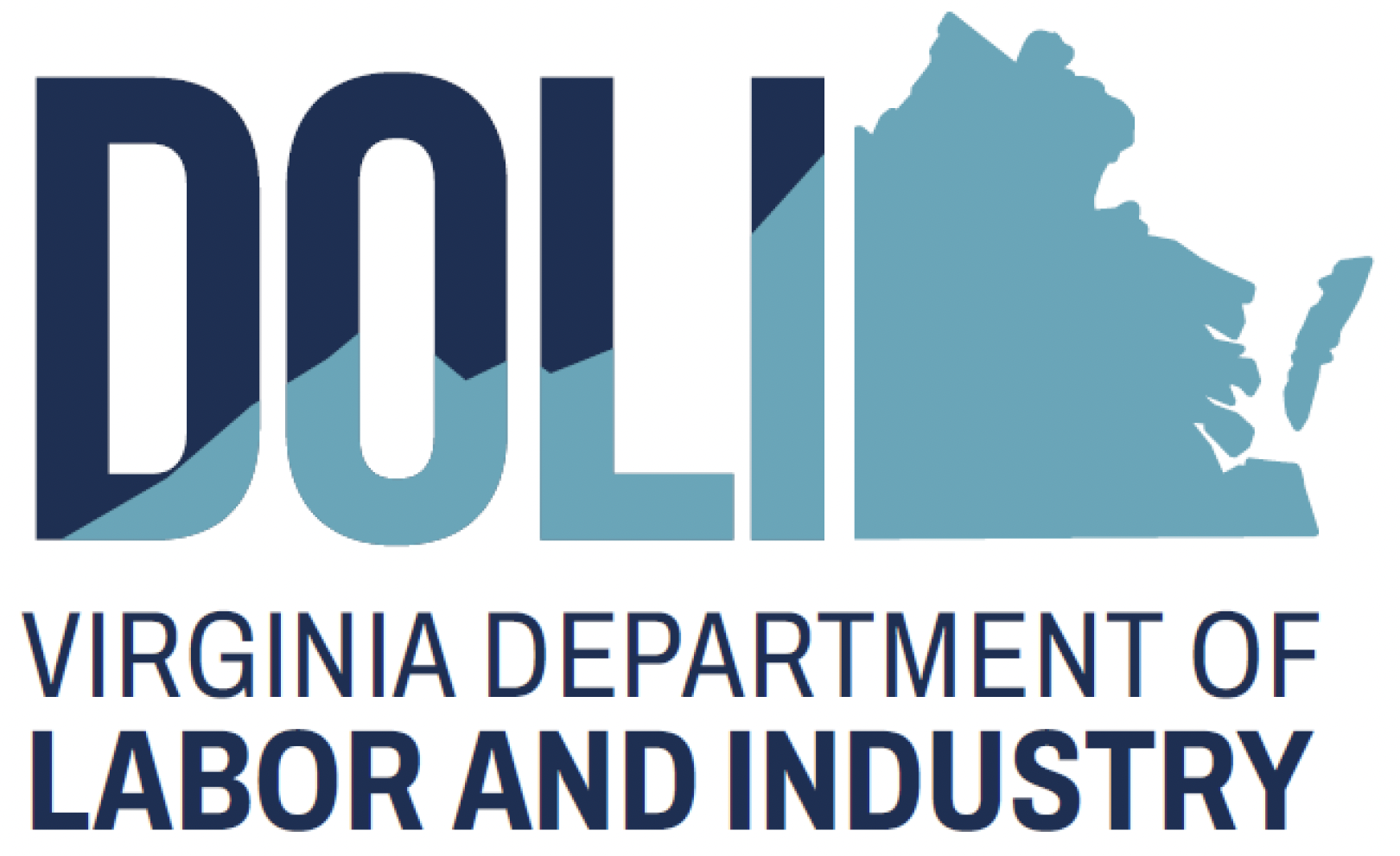Effective July 1, 2025, legislation passed by the General Assembly during the 2025 session will go into effect.
Work-Study Programs for Children Aged Sixteen Years or Older
House Bill 1667/Senate Bill 1228 further allows children aged 16 years or older to work in barbershops or cosmetology salons under certain circumstances.
Under § 40.1-100 Code of Virginia, certain employment for youth employees is prohibited or limited. Included in these limitations is the prohibition of any child under eighteen years of age from performing work “in any capacity in preparing any composition in which dangerous or poisonous chemicals are used.” This law allows children aged 16 years or older, employed under a valid work-training program or holding a cosmetology or barber license from the Board for Barbers and Cosmetology, to work in barbershops or cosmetology salons. These exemptions further expand an initial exemption enacted in 2023 which allows for children aged 16 years or older to work in barbershops or cosmetology salons as part of a registered apprenticeship program.
Information about regulation and licensure under the Board for Barbers and Cosmetology can be obtained by contacting the Board Office at (804) 367-8590.
Protections for Children Engaged in Content Creation
House Bill 2401/Senate Bill 998 creates specific protections for children under 16 years of age who are engaged in the work of content creation.
This legislation amends Code of Virginia §§ 40.1-2, 40.1-79.01, and 40.1-80.1 and establishes Code of Virginia §§ 40.1-109.1 and 109.2. Under the law, content creators whose content regularly involves a child, or their likeness, must maintain records related to the child’s appearance in the content and the compensation generated from it. A percentage of gross earnings on any content involving a qualifying child must also be set aside into a trust account accessible to that child once they reach 18 years of age. Children involved in content creation are also prohibited from being exposed to any hazards capable of causing serious harm or using any hazardous equipment, and must be under the direct supervision of an adult who ensures compliance with all applicable safety requirements.
Expansion of Prohibition of Non-Compete Agreements for Low Wage Workers
Senate Bill 1218 expands Virginia’s laws on covenants not to compete by amending Code of Virginia § 40.1-28.7:8.
Under Code of Virginia § 40.1-28.7:8, an employer may not enter into, enforce, or threaten to enforce a covenant not to compete with any low-wage employee, defined as an employee whose average weekly earnings are less than the average weekly wage of the Commonwealth or an independent contractor whose hourly rate is less than the median hourly wage for the Commonwealth as reported by the Bureau of Labor Statistics.
This law further expands the definition of “low-wage employee” to include any employee who, regardless of average weekly earnings, is entitled to overtime compensation under the provisions of 29 U.S.C. § 207, i.e., the Fair Labor Standards Act. This expanded coverage does not apply to contracts, covenants, or agreements entered into prior to July 1, 2025.
As this law extends noncompete prohibitions to a new category of workers, DOLI strongly encourages employers who use noncompete agreements to review the updated statute and ensure that all covenants they enter into on or after July 1, 2025, are compliant with the law. Information about overtime coverage and exemptions can be obtained by contacting the United States Department of Labor Wage and Hour Division at (866) 487-9243 or by visiting https://www.dol.gov/agencies/whd
About the Agency:
It is the mission of the Virginia Department of Labor and Industry (DOLI) to make Virginia a better place in which to live, work, and conduct business. DOLI’s Labor and Employment Law Division administers and enforces the laws of the Commonwealth that govern employee pay, the employment of children, and certain other statutes that relate to the workplace. Additional information about coverage and requirements under the new legislation can be obtained by contacting the Division at laborlaw@doli.virginia.gov.

 ONLINE PORTAL
ONLINE PORTAL
 LOCATIONS
LOCATIONS
 EVENTS
EVENTS
 ABOUT
ABOUT
